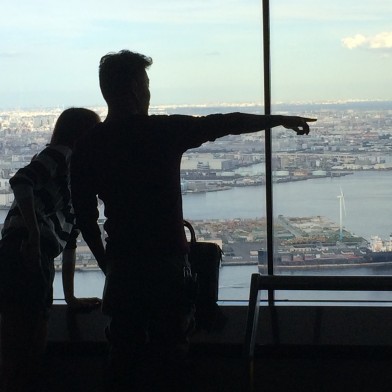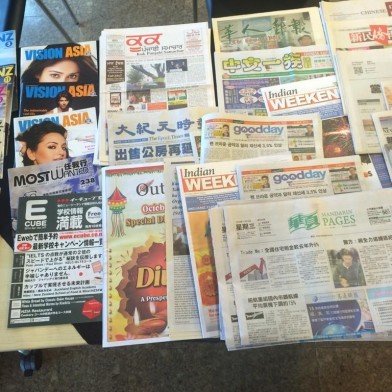OPINION: My parents are from Scotland. I grew up in a New Zealand that looked to Britain then the United States and a little to Australia for guidance.
There were other traditions to draw on. Māori obviously, but also the many other nationalities that had chosen to call New Zealand home. But for most of the last century, it was what we might call the “European” way of seeing the world that dominated.
Then, in the 1980s came the realisation that New Zealand’s future was going to be tied more closely to Asia than to Europe. Asia, particularly China, was emerging as the new economic, social, political and cultural powerhouse. We began to talk about ourselves as a nation in the Asia-Pacific.
Reflecting this shift in focus, larger numbers of migrants to New Zealand began to come from Asian countries. The face of New Zealand, especially in Auckland, changed rapidly.
The Asia New Zealand Foundation mirrored these changes. Established by the forward-thinking Sir Don McKinnon and Philip Burdon more than 20 years ago, the Foundation sought to alert New Zealanders to the importance of Asia. The aim was to make New Zealanders “Asia aware”.
“Modelled on the highly successful Science Media Centre, it will work to provide material that can be used as the basis of news stories across all formats.”
Jump forward to 2017 and the aim is to ensure New Zealanders have what they need to thrive in what is already being referred to as the “Asian Century”. It is no longer just a matter of simply being aware of Asia; we are becoming an Asian nation.
Despite the efforts of McKinnon and Burdon, it would be fair to say that we are not as well-prepared for this future as we should be.
At first glance, this is surprising. We have been talking about the importance of Asia for decades. There are now many sizeable communities of Asian-New Zealanders living in New Zealand.
The problem is that in almost every sphere – business, politics, entertainment, education, sport and the media – it is still the European voice that sets the agenda.
This is why it has been so important to establish the Asia Media Centre. The media shapes much of how we see the world and how the world sees us. If we are going to thrive in the Asian Century, then we need to see a lot more of each other.
That it is not happening now is a significant risk to our future. Ignorance of the way New Zealand is changing will have a price. Not telling our stories in Asia will leave us to be characterised by the few, often sensationalist, stories that break through.
The Asia Media Centre will not replace or compete with already existing media outlets. Modelled on the highly successful Science Media Centre, it will work to provide material that can be used as the basis of news stories across all formats.
The Science Media Centre was started because in a highly competitive world, it was difficult for the media to commit specialist resources to an important area like science. The success of the Science Media Centre is that many more stories about science are now available to New Zealanders and audiences around the world.
Success for the Asia Media Centre will look much the same. More stories for New Zealanders to read about Asian-New Zealanders and about Asia. More stories for people in Asian nations to read about New Zealanders.
The result will be that we will see the world through a different lens; one that will allow us to see ourselves as both the Asia-Pacific nation we are and the one we will become.
Views expressed in this article are personal to the author.
– Asia Media Centre

